
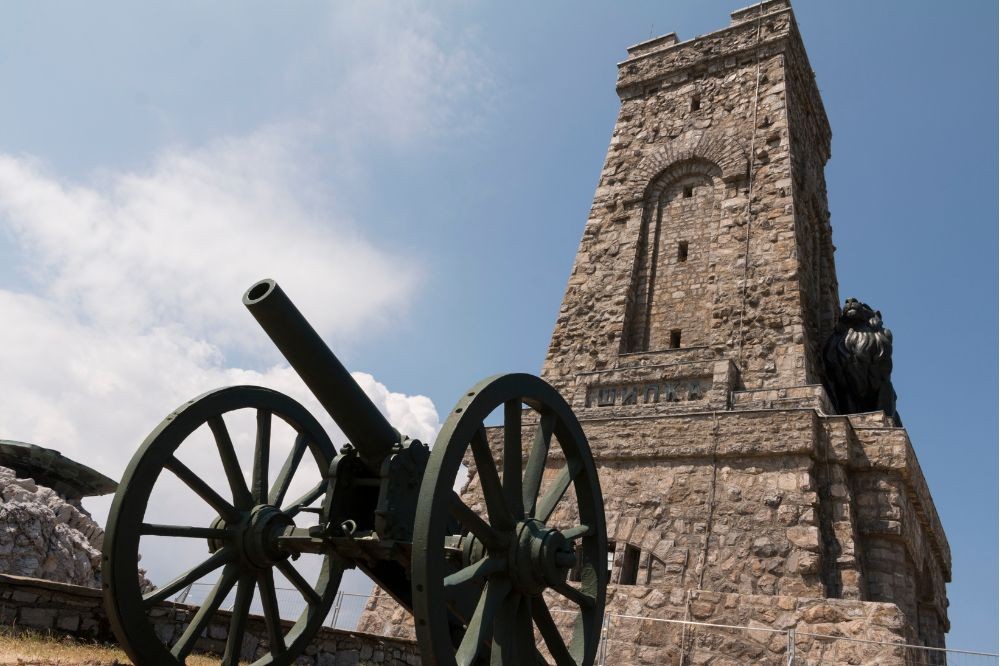
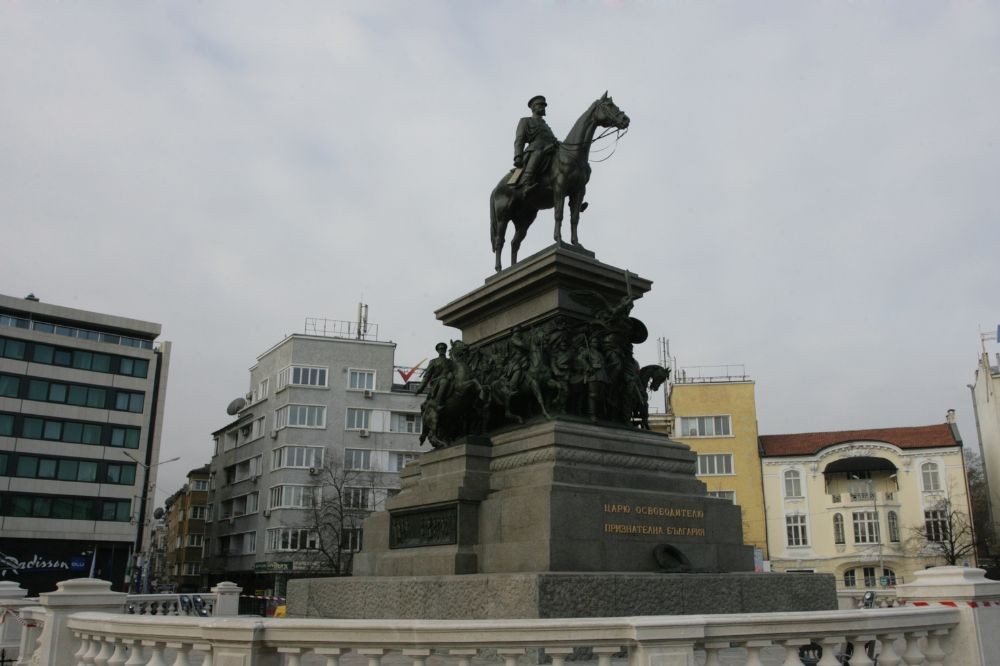
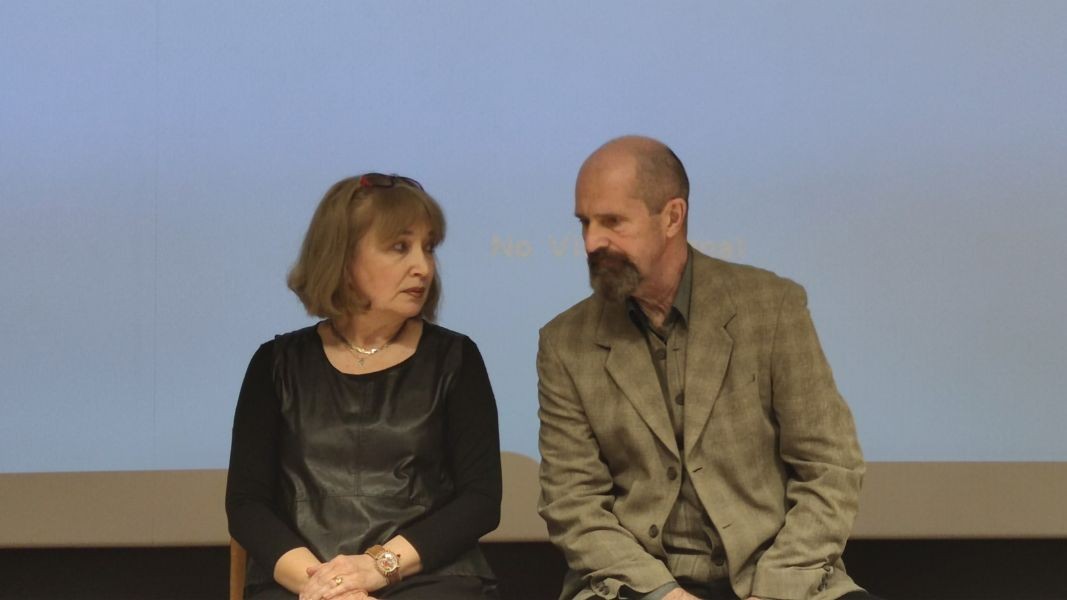
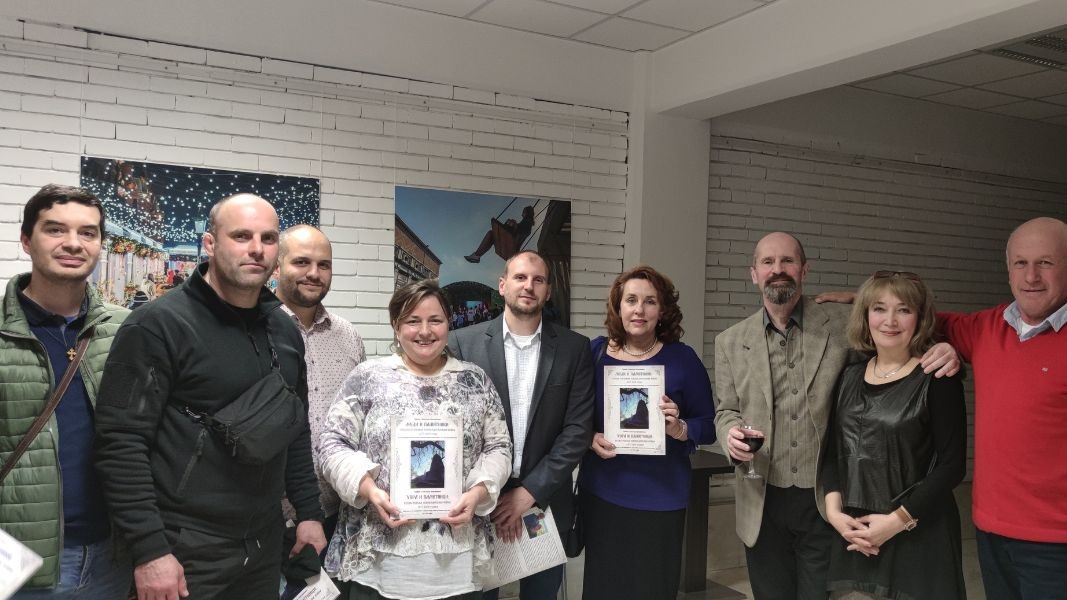

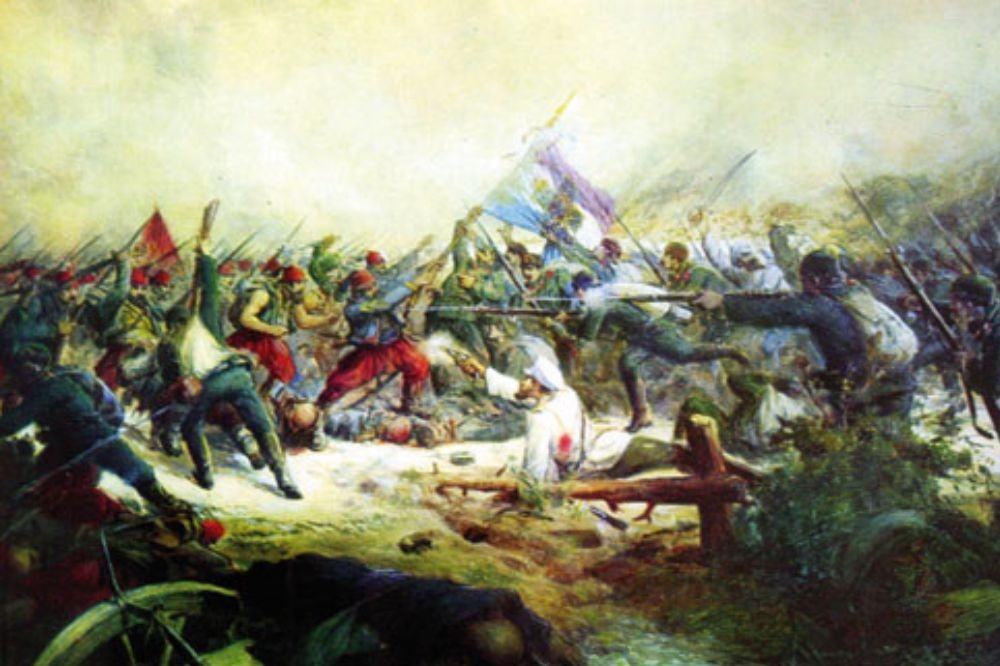
An international scientific conference will be held in Sofia from 21 to 24 May, the days preceding the celebration of Saints Cyril and Methodius, announced the Bulgarian Academy of Sciences (BAS). The conference, titled "Christian Missions in the European..
A key to our heritage and national identity, the Glagolitic alphabet is an alphabet and a message to Europe, surrounded by many hypotheses. To mark the 1170th anniversary of its creation, we take a trip back to the 9th century, when the brothers Cyril..
A Bulgarian delegation, led by Minister of Justice Georgi Georgiev, attended the enthronement of Archimandrite Gavriil as abbot of the Zograf Monastery in Mount Athos. Hieromonk Gavriil elected new abbot of Zograf Monastery “This is a..
A gold coin minted during the reign of Emperor Justinian I, ruler of the Eastern Roman Empire, was discovered during excavations at the Tuida Fortress..

+359 2 9336 661
